- Home›
- Healthy Living›
- 8 Healthy Ways To Include Proteins In Your Diet
8 Healthy Ways To Include Proteins In Your Diet
By: Pinki Sun, 21 May 2023 10:55:02
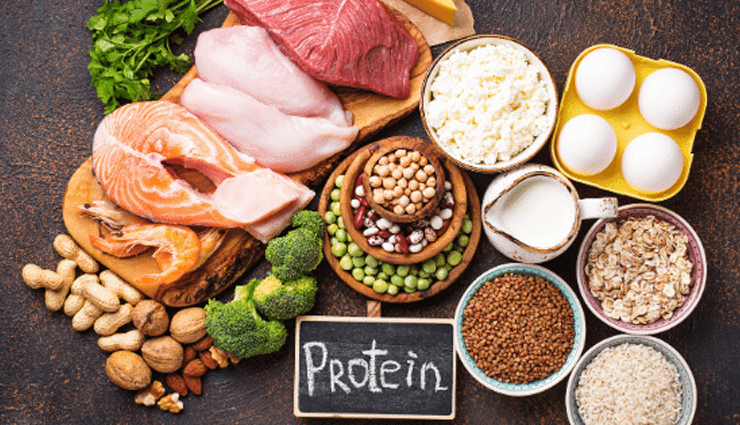
If you've ever tried to lose weight or improve your fitness, you're probably aware that proteins play a crucial role.
While there are ongoing debates about carbohydrates and their recommended intake, as well as discussions about healthy and unhealthy fats, protein remains consistently regarded as a safe and essential nutrient group. It not only aids in weight loss but also offers numerous potential health benefits, such as promoting muscle growth and overall well-being. However, increasing your protein intake can sometimes be challenging. Fortunately, we're here to help. We have compiled a list of simple yet highly effective methods to incorporate more protein into your diet.

# Always eat your protein first in a meal
Prioritize consuming protein at the beginning of your meal before turning to carbohydrates. Protein stimulates the release of peptide, a gut hormone that induces a sensation of fullness. Additionally, it reduces the presence of ghrelin, the hunger hormone, and elevates your metabolism not only immediately after the meal but also during periods of rest, such as while you sleep. Most notably, starting with protein helps regulate your blood sugar and insulin levels following a meal.
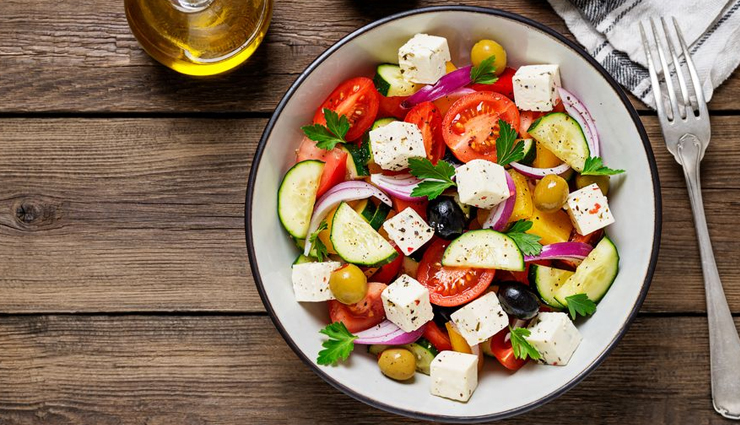
# Cheese can be your snack-time BFF
However, it's important to be mindful of the cheese you choose for snacking. Avoiding store-bought cheese snacks like cheese crackers and chips is advisable since they are typically low in protein. Instead, consider opting for healthier alternatives. Cheddar cheese, for instance, makes an excellent snack option. Just 28 grams of cheddar cheese provides 7 grams of protein, while also containing approximately 30 fewer calories and six times the amount of calcium compared to store-bought snacks.
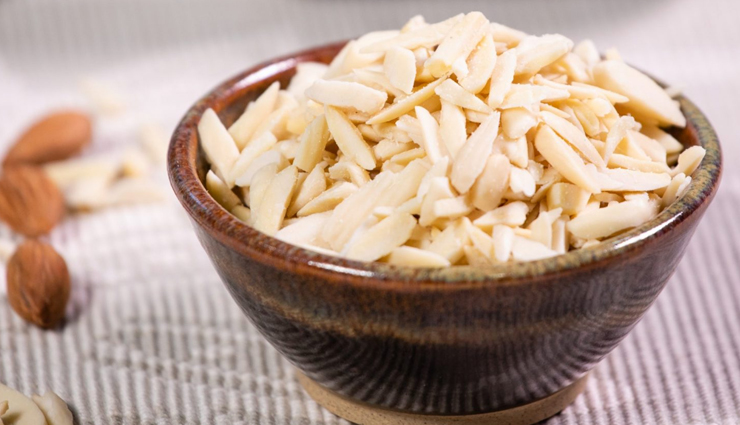
# Garnish your foods with chopped almonds
Almonds are a nutritious and valuable addition to a diet focused on protein intake. They are rich in magnesium, fiber, and healthy monounsaturated fats, while being low in easily digestible carbohydrates. A serving of 28 grams of almonds provides approximately 6 grams of protein. Whether you're enjoying overnight oats, chia pudding, cereals, or salads, simply sprinkle some chopped almonds on top to enhance the protein content of your meal.
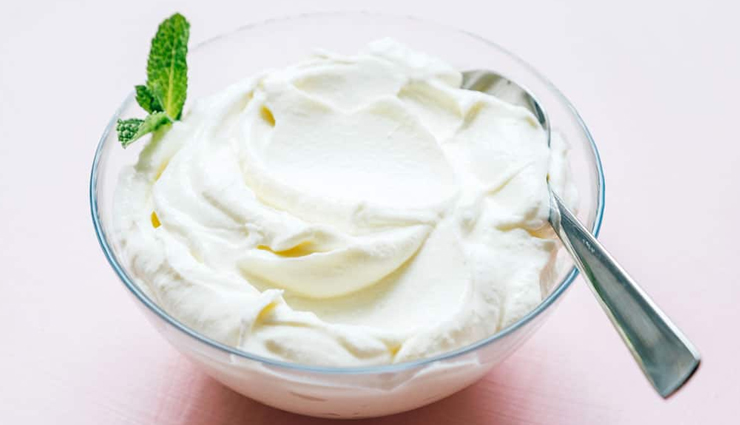
# Choose Greek yogurt instead of the regular one
Greek yogurt contains a higher amount of protein compared to regular yogurt. This type of yogurt is produced by separating whey and other liquids from milk, resulting in a thicker, creamier yogurt with a greater protein content. With approximately 17-20 grams of protein per 28 grams, Greek yogurt offers nearly double the protein found in regular yogurt. Additionally, Greek yogurt promotes the release of gut hormones such as glucagon-like peptide 1 (GLP-1) and PYY, which help suppress hunger and promote a feeling of fullness.

# Eat more whole grains than refined grains
Whole grains are a valuable source of fiber, vitamins, antioxidants, minerals, and notably, proteins. Take quinoa as an example, where one cup provides 8 grams of protein, while the same quantity of refined grain like white rice offers only 4 grams of protein. Incorporating whole grains such as buckwheat, wild rice, couscous, millet, and teff into your diet can contribute to a protein-rich eating plan.

# Add boiled eggs with each meal
Each egg contains six grams of protein, including the yolk. If you're feeling hungry, simply boil, scramble, poach, or fry a couple of eggs, season them according to your preference, and you'll have a quick and convenient source of protein.
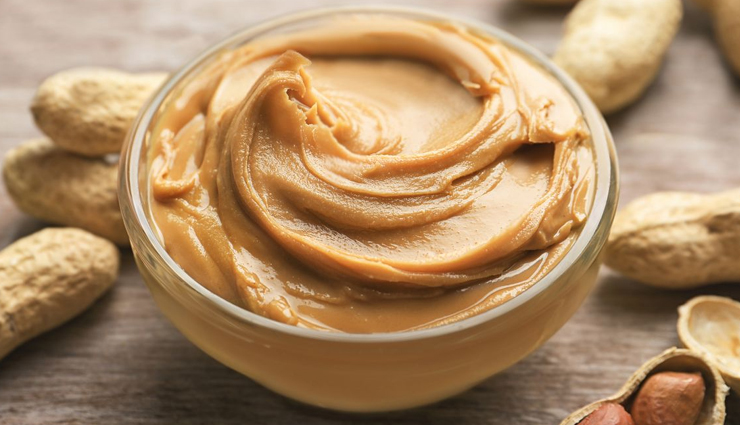
# Use hummus as a spread for your breakfast toast
When enjoying toast, do you typically reach for butter or jams? Why not try it with peanut butter instead? Another protein-packed option is hummus, which is made from versatile chickpeas. Even just a teaspoon of hummus contains approximately 1.17 grams of protein. By adding hummus to your toast, you can enhance your breakfast experience and increase your protein intake in a simple way.
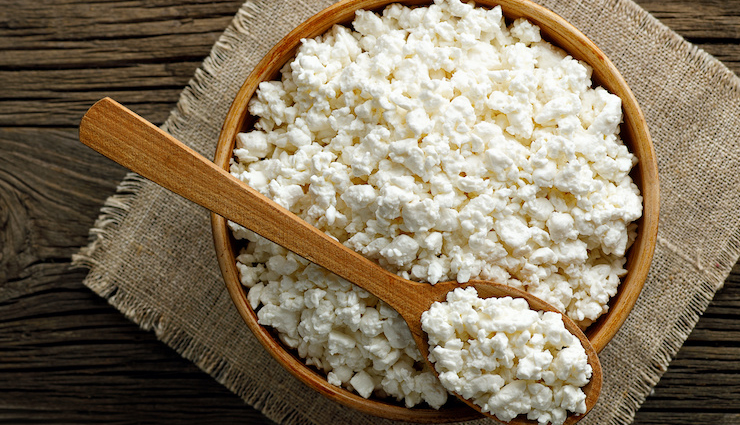
# Swap ricotta for cottage cheese
If you're wondering, ricotta cheese does indeed contain proteins. However, it also has a high-fat content, which contributes to its creamy and silky texture. On the other hand, cottage cheese, commonly known as paneer in Indian households, is a popular choice. Half a cup of cottage cheese provides approximately 14 grams of protein, with fewer calories and a lower fat content. It's a win-win situation when it comes to choosing cottage cheese as a protein-rich option.





-1714358904-lb.jpg)